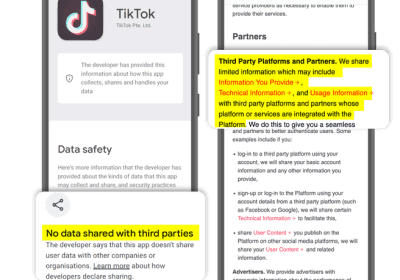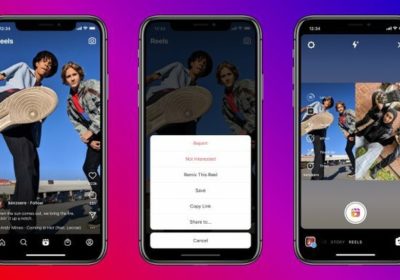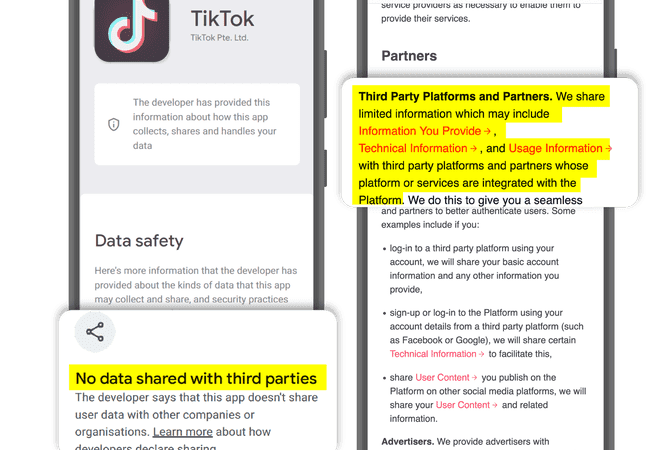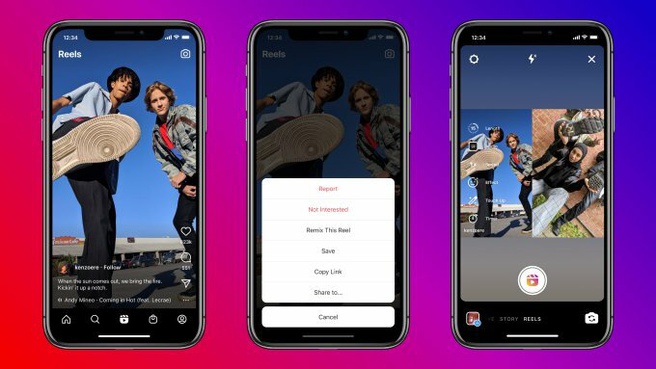It is a pair of augmented reality glasses that detects what the user is trying to hear, then amplifies the sound and attenuates the background noise. In combination with the functionalities for optimizing the propagation of sound in space, the device builds the auditory equivalent of a hologram.
“Imagine trying to have a conversation in a crowded restaurant or bar and do it without raising your voice to be heard and without trying to understand what others are saying,” Facebook explains. Augmented reality glasses could do this by capturing sound using microphones, using contextual cues to decide where they are important, amplifying them through a headset equipped with noise cancelling technology. Also, if the user is in the middle of a voice or video call, the glasses could project the participants’ voices or other audio elements in a certain part of the room, increasing the feeling of an “audio presence”, as the researchers from FRL Research say.
As Facebook acknowledges, the “superpowers” of perception offered by these glasses are similar to the functions of current hearing aids, which also amplify the sound and reduce background noise. However, AR glasses offer unique opportunities both for the hearing impaired and for perfectly healthy people. Directional sensors and eye-tracking cameras can collect contextual details, including body orientation and the direction in which the gaze is directed, which gives the headset the information needed to amplify the sound, exactly where it is needed.
Other companies have previously experimented with this type of sound augmentation, the best known being Bose, which in 2018 announced augmented reality audio glasses.
However, extended practical applicability for such devices could be possible in several years. Not much is known yet about Facebook’s marketing strategy for these gadgets of the future, but for the product to truly become a commercial one, the giant should go much further than the technical side and convince potential customers that of “superpowers” is not an attack on privacy.











